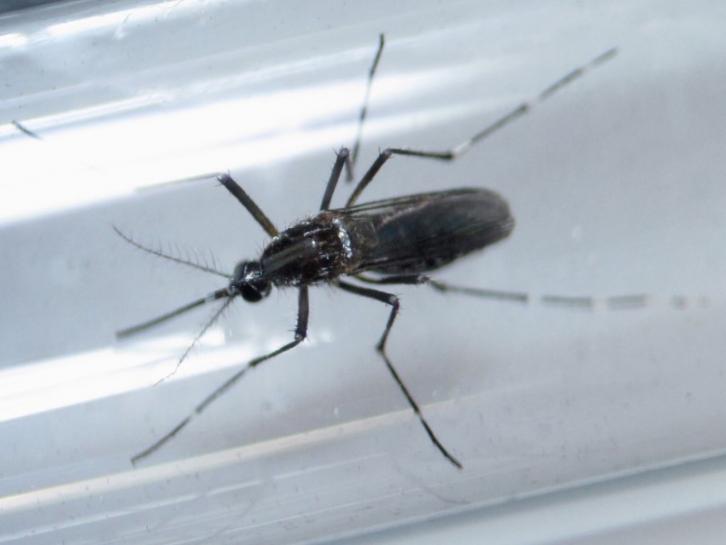
Kuala Lumpur: Malaysia confirmed on Thursday its first case of Zika after a woman tested positive for the virus following a three-day visit to neighbouring Singapore on August 19.
The 58-year-old woman had showed signs of a rash and fever one week after returning from Singapore, according to Health Minister Subramaniam Sathasivam.
"We are carrying out control measures against aedes mosquitoes near the woman's home to prevent the spread of the virus," he said at a news conference on Thursday, adding that the virus was discovered in the woman's urine sample.
Subramaniam initially said the woman's "child" had also tested positive for Zika in Singapore. He later clarified that the child was in fact an adult daughter who is working in Singapore and has not returned to Malaysia.
Subramaniam said they have already intensified vector control activities in Taman Botani in Klang, where the infected woman's home is located, and urged residents to allow officers despatched to the area to enter their homes and carry out fogging and larvicidal spraying.
Singapore announced the first locally contracted case of Zika late on Saturday, and the number of diagnosed infections has grown steadily this week.
A pregnant woman was among those diagnosed with Zika infections in Singapore, as the number of confirmed cases of the mosquito-borne virus in the city-state rose to 115.
Subramaniam said on Thursday that a total of five Malaysians have so far been identified as having tested positive for Zika in Singapore.
U.S. health officials have concluded that Zika infections in pregnant women can cause microcephaly, a birth defect marked by small head size that can lead to severe developmental problems in babies.
The World Health Organization has said there is strong scientific consensus that Zika can also cause Guillain-Barre, a rare neurological syndrome that causes temporary paralysis in adults.
The connection between Zika and microcephaly first came to light last fall in Brazil, which has now confirmed more than 1,600 cases of microcephaly that it considers to be related to Zika infections in the mothers.